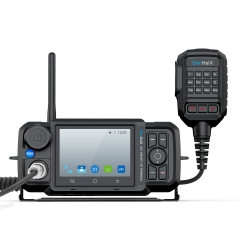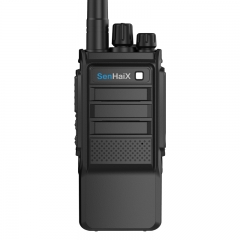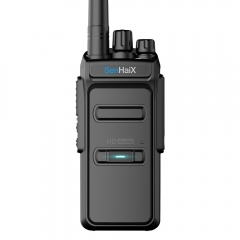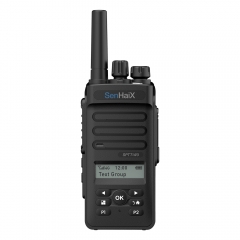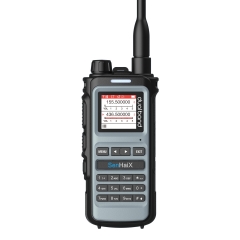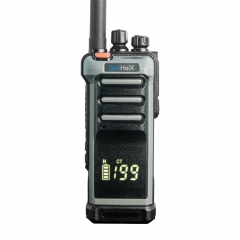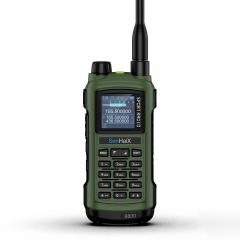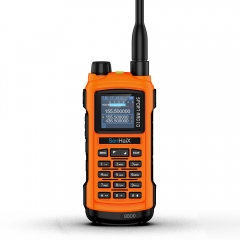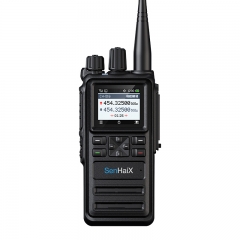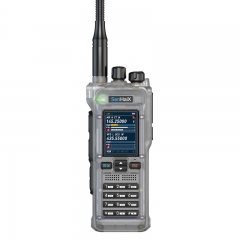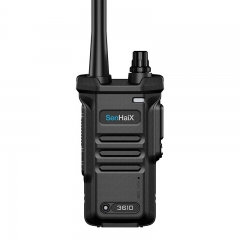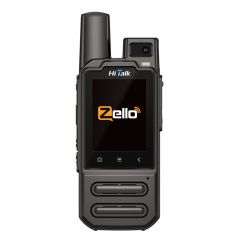Nowadays, network
coverage area is getting larger and larger, mobile phones can receive signals
even in the near sea.But after asking a lot of customers, it was learned that
the most used communication tool on the ship was the marine radio, not the
mobile phone. Mobile phones are used more as an entertainment tool, and of
course as a secondary communication tool. To cite SenHaiX 5700 as example. So what exactly leads customers to make
this choice?When it comes to communication at sea, mariners rely on reliable and dedicated devices to ensure safety and efficiency. While mobile phones have revolutionized communication on land, marine radios remain an essential tool for seafarers. These radios offer distinct advantages over mobile phones in maritime environments, providing reliable coverage, safety features, ease of use, and compliance with international regulations. In this article, we will explore the unique advantages of marine radios and explain why they are crucial for effective communication on the water.
Dedicated Marine Frequencies and Coverage:
Marine radios operate on dedicated frequency bands specifically allocated for maritime communication. The most common bands include Very High Frequency (VHF) and Single Sideband (SSB). These dedicated frequencies are monitored by coast guard stations, maritime authorities, and other vessels, ensuring reliable, interference-free communication. In contrast, mobile phones rely on terrestrial cellular networks and may have limited coverage offshore or in remote areas, leaving mariners without reliable connectivity.
Safety Features and Distress Calls:
Marine radios are equipped with safety features designed to enhance the overall safety of mariners. One of the most critical features is the ability to make distress calls. By using the Digital Selective Calling (DSC) feature, mariners can transmit an emergency signal with their precise position to nearby vessels and Coast Guard stations. This immediate and widespread alert can significantly expedite rescue operations during emergencies. Mobile phones, on the other hand, lack these dedicated features for maritime distress calling.
Battery Life and Durability:
Operating in a marine environment can be physically demanding, and equipment must be able to withstand harsh conditions. Marine radios are built to be rugged and durable, providing resistance to water, shock, and vibrations. They also have long battery life, allowing continuous communication throughout extended trips at sea. Mobile phones, while capable of handling everyday tasks, are generally not designed to withstand the rigors of the marine environment and may have limited battery life, especially when used for extended periods.
Ease of Use and Simplicity:
Marine radios are designed with simplicity and ease of use in mind. They feature large buttons and intuitive controls, enabling quick operation, even in challenging conditions or during emergencies. The user interface is purpose-built for marine applications, ensuring efficient communication without unnecessary complexity. On the other hand, mobile phones, while feature-rich, often require navigating through various applications and menus, which may be cumbersome and time-consuming in urgent situations.
Compliance with International Regulations:
Marine radios are designed and manufactured to comply with international regulations set by organizations such as the International Telecommunication Union (ITU). These regulations establish sound principles for communications at sea, ensuring interoperability between vessels and distress signaling standards. By adhering to these regulations, marine radios contribute to a standardized and coordinated communication network, enabling seamless communication between vessels, ports, and maritime authorities. Mobile phones, while widely used, do not adhere to the same international maritime standards.
Conclusion:
Marine radios play a crucial role in maritime communication, providing distinct advantages over mobile phones. With dedicated frequencies, enhanced safety features, durability, ease of use, and compliance with international regulations, these radios are specifically tailored to meet the unique challenges of the marine environment. Whether for leisure boating or commercial shipping, marine radios remain an essential tool for reliable communication among mariners, ensuring their safety and effectiveness at sea. As technology continues to advance, marine radios will remain a critical component of communication systems, helping to connect seafarers and facilitate secure and efficient communication on the water.


















